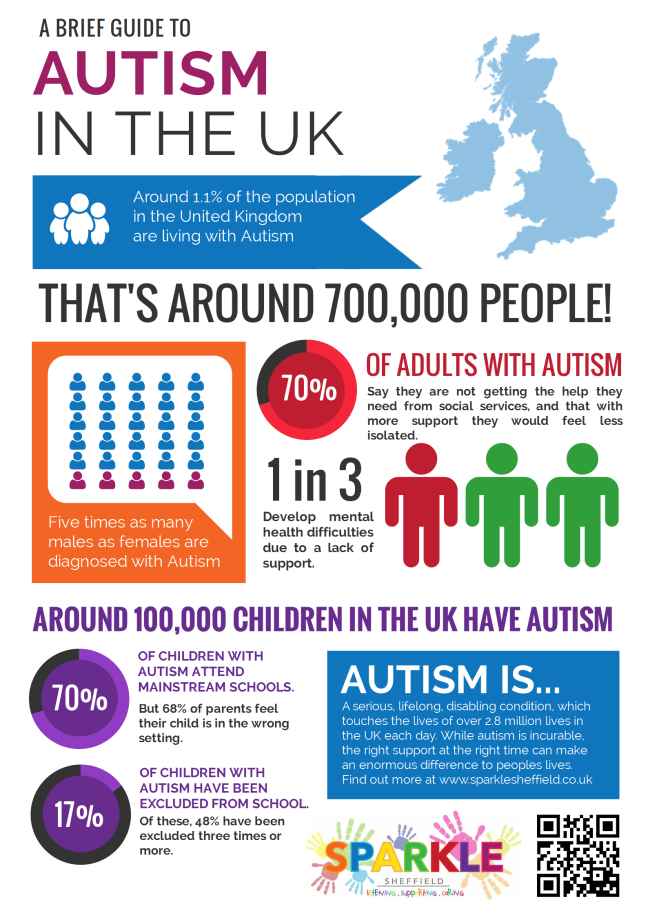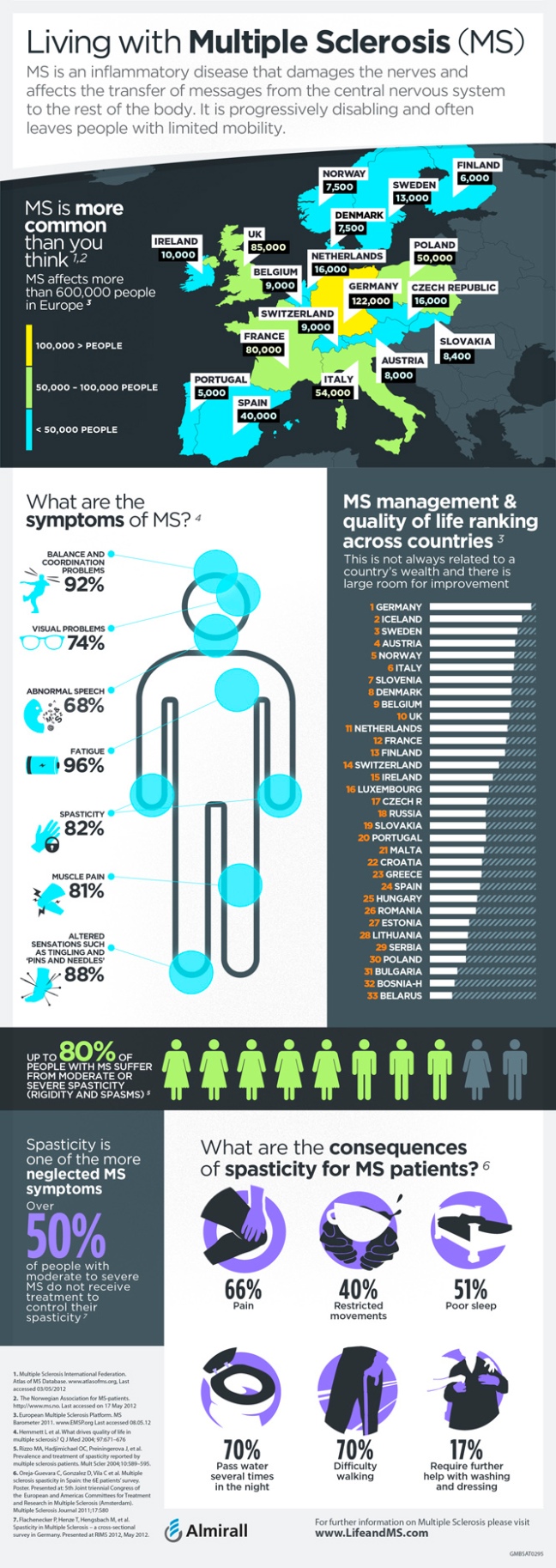An emotive subject, disclosure has two aspects to it, both of which can affect you as an employer.
The dictionary definition of disclosure is:

The two aspects of disclosure for an employer are:
- Disclosure when recruiting
- Disclosure made by an employee
Disclosure and Recruitment
 As an employer, dependent on the nature of the role you are recruiting for, you may need to request a Disclosure and Barring Service (DBS) check for a potential employee or you may need to do the same for an existing employee if their role changes.
As an employer, dependent on the nature of the role you are recruiting for, you may need to request a Disclosure and Barring Service (DBS) check for a potential employee or you may need to do the same for an existing employee if their role changes.
Basically, the check, formerly called CRB check – Criminal Records Bureau – looks at
If the job role is working with vulnerable groups, in healthcare, or in a voluntary role – among others – then a check of the individual’s criminal record may be necessary. Examples of roles may include:
- Working with children
- Working with vulnerable adults
- Working as a volunteer
There are different levels of DBS check, depending on the role.
- Standard – checks are made for spent and unspent convictions, cautions, reprimands and final warnings
- Enhanced – the same standard checks are made, as well as plus any additional information held by local police that’s reasonably considered relevant to the role being applied for
- Enhanced with list checks – like the enhanced checks, but barred lists are also checked
Barred lists are a record of an individual who has been barred from working with vulnerable adults or children. Someone who has been barred from working with vulnerable adults is not automatically barred from working with children, and vice versa – someone banned from working with children, is not automatically banned from working with vulnerable adults.
More information is available, by clicking here, on Barred Lists.
Only an employer or licensing bodies can request a DBS check, meaning that an individual can’t do a criminal record check on themselves in order to be job-ready. What they can do is request a basic disclosure from Disclosure Scotland – the facility is available to the whole of the UK.
A DBS check can only be done on someone over the age of 16.
Pricing is set by the Disclosure and Barring Service, however, you may encounter additional charges if a third party is facilitating the application on your behalf. Checks for volunteers are free of charge.
A check can take up to 8 weeks, depending on the level of the check, whether the details given for the check are correct, and what police forces need to be contacted regarding the check.
Please note – it is a criminal offence to request a DBS check for a role where a check is unnecessary.
If, as an employer, you want to check if any of the roles in your business require a DBS check, the Disclosure and Barring Service provides a lot of useful information on their website, and a Guide to eligibility for DBS checks can be accessed here.
Disclosure by an Employee
The other aspect of disclosure is when an employee tells someone in your business that they are suffering from abuse of any form. The disclosure could be made to a colleague, to HR or if you are small company to you as a business owner.
What should you do?
Don’t panic. The person who is telling you about their abuse has been very brave and may have waited a very long time to tell someone. It will be a shock, and you are likely to feel helpless – recognising your feelings will help you to stay in control.
Offer privacy. The person may already have chosen a time and location in which to disclose where no-one else can hear. If not, try to find somewhere quiet and comfortable where you won’t be disturbed.
Stay calm. When the person discloses, they are not expecting you to fix the situation or make it stop. You are not taking on the responsibility for the situation. Manage your breathing to help you stay in control of your natural response to react.
Listen carefully. This is key. Listen. Don’t speak unless you are asked a question. Just listen. The person may just let it all out in one go as it’s been bottled up inside. Or they might be scared to actually voice what it is they have been going through and it will take time. It is okay to just listen.
Don’t promise not to tell anyone. It is likely that the person disclosing won’t want you to tell anyone else. You may need to tell the police or social services.
Reassure. Whilst you can’t make the promise not to tell anyone, reassure the person that you want to help and if you have to tell someone, it will be done in confidence, according to the company’s safeguarding/disclosure policy.
Follow reporting procedures. Your company should have a procedure, even if it’s a basic one, to help someone report a disclosure that has been made to them. Be sure that all staff know how to report a safeguarding concern.
About Abuse
Abuse is something that can be done to another person, without their full understanding or consent, that harms them in some way.
Abuse is anything that harms another person physically or mentally, or abuse can be done to oneself.
It may consist of a single act or repeated acts.
Who might be abused?
Vulnerable adults, children and young people are at risk from abuse, but anyone can suffer from abuse.
A vulnerable adult is defined as someone “who is or may be in need of community care services by reason of disability, age or illness; and is or may be unable to take care of unable to protect him or herself against significant harm or exploitation”.
This definition of an Adult covers all people over 18 years of age.
An adult suffering from abuse becomes vulnerable because of that abuse.
Who can abuse?
 The reality is that anyone can carry out abuse, including:
The reality is that anyone can carry out abuse, including:
- Family, friends, neighbours, associates
- Professional staff, paid care workers, volunteers
- People who deliberately exploit vulnerable children and adults
- Strangers
When and where can abuse happen?
 Be aware that abuse can happen anywhere and at any time.
Be aware that abuse can happen anywhere and at any time.
- At home
- At work
- In public places
- In healthcare/care settings
- Anywhere
Types of abuse
There are 10 types of abuse for adults:
- Physical
- Sexual
- Financial and Material
- Neglect and Acts of Omission
- Discriminatory
- Pyschological
- Modern Slavery
- Domestic Abuse
- Self-Neglect
- Organisational Abuse
Whose business is it?
 Safeguarding is everyone’s responsibility.
Safeguarding is everyone’s responsibility.
Safeguarding means making sure that vulnerable children and adults are protected from abuse. Protecting and safeguarding is everybody’s business.
Organisations working with children, young people and vulnerable adults
There are many organisations that can provide support with safeguarding and disclosure. Please see below for links to websites that can provide advice for organisations working with children, young people and vulnerable adults.
NSPCC – for organisations working with children and young people
Charity Commission – for charities providing assistance or care to vulnerable children and young people
Social Care Institute for Excellence – advice on safeguarding adults and children
Resources and Reference Material
Local Safeguarding Children Board – enter the search term followed by your county or town to find information provided by your local authority
Local Safeguarding Adults Board – enter the search term followed by your county or town to find information provided by your local authority
Hampshire Safeguarding Adults Board – this is an example of a local authority safeguarding adults board for Hampshire with lots of useful information for general consumption
Dealing with your own response
Fight or Flight
There are two primitive instincts that every human being has when faced with something that is unexpected, a surprise, or a threat – fight or flight. What happens in your body is automatic – your physiological reaction.
- Fight – we are ready to do battle, bring it on
- Flight – we want to avoid conflict, run and hide
Whether it’s fight or flight, the things happening in your body are the same.
- Your heart beats faster and stronger
This helps take blood to where we need it most, such as legs, arms and lungs.
At the same time, blood is taken from places where it is not needed, such as fingers, toes and skin. These changes may cause a numb or tingly feeling. To start with, it may “drain the blood from your face” or make you go “as white as a sheet”.
- Breathing quickens and deepens
This takes oxygen to the lungs, arms and legs via the blood stream.
This can cause chest pain and a breathless or choking feeling. There is a slight drop in the amount of oxygen and blood sent to the brain. So you may feel dizzy, confused and have blurred vision. This is not harmful.
- Muscles tense
After a while, this may cause your muscles to ache and sometimes to shake with the tension of holding yourself still.
- Sweating increases
You become self-conscious of the sweating, which in turn can make you more tense or nervous.
- Bowels and bladder loosen
You may feel the need to go to the toilet.
- Pupils dilate
As this lets in more light to our eyes, lights can appear brighter.
- Digestion and salivation slow down
You may feel sick. You may have a heavy feeling in your stomach. You may have a dry mouth.
- Vigilance improves
This means we pick up on things that we may not have noticed if we were calm. Our sensitivity and perception increases, but can mean we are easily startled, find it hard to concentrate, our mind goes blank or we feel irritable.
- Anticipation improves
You are trying to think what will happen next. This may leave you feeling unsettled.
- The reaction doesn’t stop once the perceived danger passes
You might find it hard to relax or let it go. Your body will be using lots of energy to deal with everything at the same time, and you may feel hot, flushed and tired.
Your wellbeing
You should take time to process the fact that someone has made a disclosure to you. Initially, you might just deal with what is happening, working on the adrenaline rush that is bound to happen, the feeling that you are able to help someone who has been suffering.
However long it takes, eventually the reality of what you have heard will hit you. It might be straight after the disclosure, it might be the next day having slept on it or even weeks later. You might experience guilt, especially if you have known the person involved for a while. You might feel sorrow or anger. Whatever you feel, it is good to talk to someone who knows you. You do not have to disclose what you’ve been told, or provide names, dates, locations, but what you do need to talk about is how it has left you feeling.
If you feel you need further help, talk to your HR department to see what support they can offer.
Resources
[1] https://www.gov.uk/government/organisations/disclosure-and-barring-service






